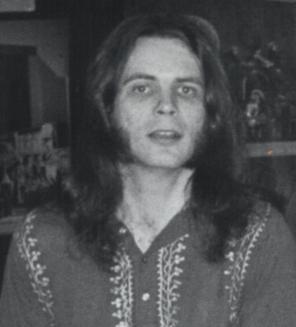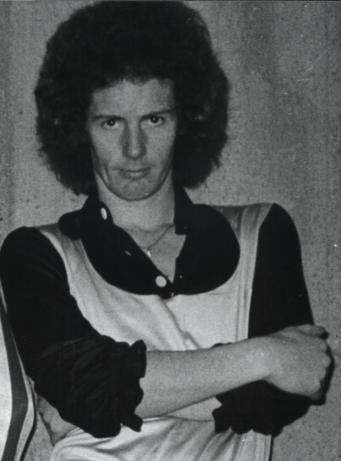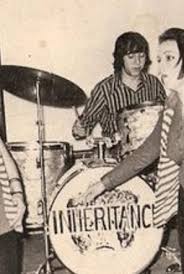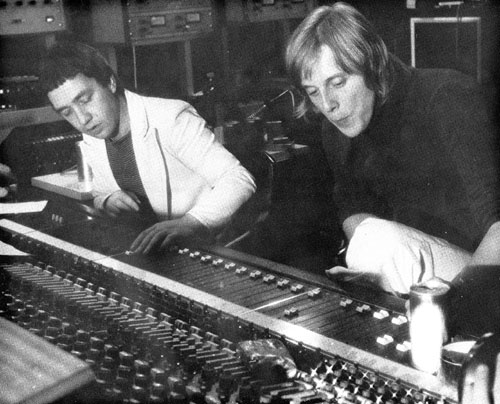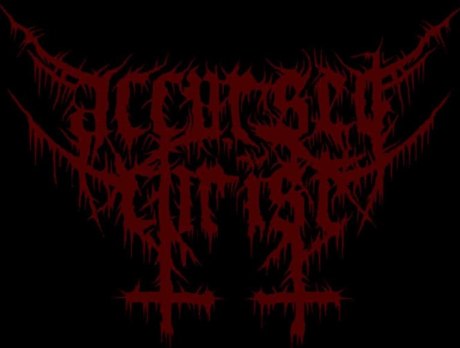Released: 22 July 1974Format: 7" single
Recorded: January–February 1974, at EMI Studios, Sydney, Australia
Label: Albert Productions
"Can I Sit Next to You, Girl" is the debut single by Australian hard rock band AC/DC issued on 22 July 1974. On August 26, 1974, the song peaked at number 50 on the Aria charts and then disappeared. This version has lead vocals performed by Dave Evans prior to his being replaced by Bon Scott, as well as drums by ex-Masters Apprentices member Colin Burgess and bass guitar by ex-The Easybeats member George Young (older brother of band cofounders Malcolm Young & Angus Young; co-producer). Originally, AC/DC's first bassist, Larry Van Kriedt, played the bass parts, but George recorded his own over them later. In 1975, after Scott joined, the group re-wrote and re-recorded the song as the seventh track on their Australia-only album T.N.T., released in December 1975, and as the sixth track on the international version of High Voltage, released in May 1976. The title of this version of the song removed the comma, becoming "Can I Sit Next To You Girl". Written by Malcolm and Angus Young, it was AC/DC's first original song, having been recorded as "Can I Sit Next to You, Girl" with original lead singer Dave Evans just before he was replaced by Bon Scott. The Evans version was released as a single in Australia, and the band performed the song with Evans on the TV show Countdown. The musical arrangement of Evans' version is different from Scott's, and has never been officially released outside Australia. This song was often covered at live shows by controversial Australian sleaze rock band Candy Harlots and appeared on their 1992 single "Sister's Crazy". A music video for the song at The Last Picture Show was released only in Australia in 1974. Peter Clack (drums) and Rob Bailey (bass) appeared in the video, even though they did not record the music.
Band members:
Colin Burgess – drums (born 16 November 1946) is an Australian musician who was a drummer in the rock group The Masters Apprentices from 1968 to 1972 and was the original drummer for hard rockers AC/DC (November 1973–February 1974). He was recruited for the formation of hard rockers AC/DC. He joined Malcolm Young on rhythm guitar, his brother Angus on lead guitar, Dave Evans on lead vocals and Larry Van Kriedt on bass guitar. Burgess was sacked in February 1974 for being drunk on stage; he later claimed that someone had spiked his drink. He was replaced by a succession of drummers before Phil Rudd joined in February–March 1975. When Rudd injured his hand in a fight in Melbourne in September 1975, Burgess was recalled as his replacement for a few weeks.

Dave Evans – lead vocals (born 20 July 1953) is a Welsh-born Australian singer who briefly sang for the Australian hard rock band AC/DC in 1974. Evans was one of several members of AC/DC before the band matured and began to play all original music, along with Colin Burgess and Larry Van Kriedt. He was a member of the band for less than ten months before officially being replaced by Bon Scott in October 1974. During his time with AC/DC, Evans recorded one single, a Young/Young composition ("Can I Sit Next To You, Girl"/ "Rocking in the Parlour") which was released in Australia and New Zealand. A low-budget promotional video for the demo was also shot. It peaked nationally at number 50 on the Aria (Kent) charts and then disappeared. The song was later re-recorded professionally with Bon Scott.
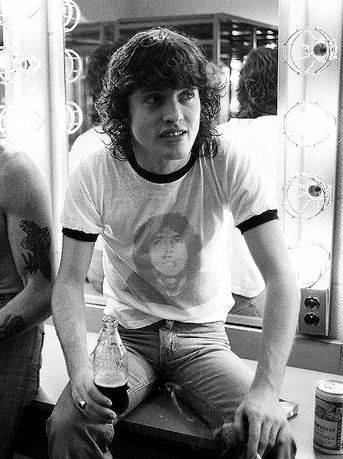
Angus Young – guitar (born 31 March 1955) is an Australian guitarist of Scottish origin, best known as a co-founder, lead guitarist, and songwriter of the Australian hard rock band AC/DC. He was 18 when he and his older brother Malcolm formed AC/DC in 1973 with Angus on lead guitar, Malcolm on rhythm guitar, Colin Burgess on drums, Larry Van Kriedt on bass guitar and Dave Evans on vocals. "Can I Sit Next To You Girl," their first single, was later re-recorded with Bon Scott as their vocalist. They decided upon the name AC/DC after seeing the letters "AC/DC" on the back of their sister Margaret's sewing machine.
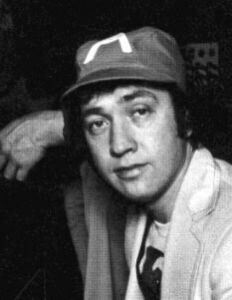
George Young – bass, production (born 6 November 1946) is an Australian musician, songwriter and record producer. Born in Scotland, he moved to Australia with his family as a teenager. He is best known as a member of the 1960s Australian rock band The Easybeats, and as a co-writer of the international hits "Friday on My Mind" and "Love Is in the Air," the latter recorded by John Paul Young . Young was also the producer of the Australian hard rock band AC/DC, which used to feature his younger brother Malcolm Young and continues to feature his younger brother Angus. With Vanda and businessman Ted Albert, they formed Albert Productions in Sydney in 1973. He also helped his younger brothers with their AC/DC band/project that went on to become a massive success internationally.

Malcolm Young – guitar (born 6 January 1953 in Glasgow, Scotland) is a retired Australian musician and songwriter of Scottish origin, best known as a founder, rhythm guitarist, backing vocalist and songwriter for the Australian hard rock band AC/DC. Except for a brief absence in 1988, he was with the band from its November 1973 beginning until retiring permanently in 2014, due to health reasons.
Harry Vanda - Producer (born Johannes Hendrikus Jacob van den Berg on 22 March 1946) is a Dutch-born Australian musician, songwriter and record producer. He is best known as a member of the 1960s Australian rock band The Easybeats. After The Easybeats disbanded in 1970, Vanda & Young moved to the UK and continued their writing and performing partnership. In 1973, Vanda and Young returned to Australia and took over as the house producers for leading independent record production company, Albert Productions, and publisher J. Albert & Son.

 Willow Creek
Willow Creek

